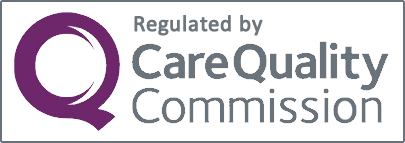Use of Antibiotics to treat Acne
Treatment should aim to improve the patient’s acne and, most importantly, prevent scarring – as this is difficult to treat once it has occurred. For mild to moderate acne, the mainstay of acne treatment within primary care is the combined use of an anti-inflammatory antibiotic together with benzoyl peroxide or a topical retinoid. Commonly used systemic antibiotics include tetracycline, oxytetracycline and erythromycin.
The appropriateness of any acne treatment depends on the site, type and severity of the disease. The goal of treatment of mild and moderate acne should be to maximise the effectiveness of the agents used while minimising the development of antimicrobial resistance. The associated benefits of improving self-esteem and reducing depression should be welcomed.
Tags : Acne
